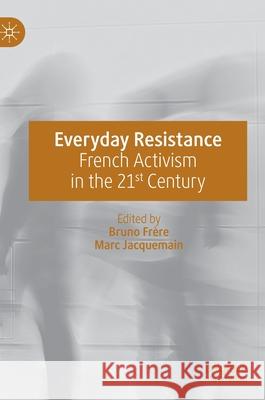Everyday Resistance: French Activism in the 21st Century » książka
topmenu
Everyday Resistance: French Activism in the 21st Century
ISBN-13: 9783030189860 / Angielski / Twarda / 2019 / 307 str.
Everyday Resistance: French Activism in the 21st Century
ISBN-13: 9783030189860 / Angielski / Twarda / 2019 / 307 str.
cena 442,79
(netto: 421,70 VAT: 5%)
Najniższa cena z 30 dni: 424,07
(netto: 421,70 VAT: 5%)
Najniższa cena z 30 dni: 424,07
Termin realizacji zamówienia:
ok. 22 dni roboczych.
ok. 22 dni roboczych.
Darmowa dostawa!
Kategorie:
Kategorie BISAC:
Wydawca:
Palgrave MacMillan
Język:
Angielski
ISBN-13:
9783030189860
Rok wydania:
2019
Wydanie:
2020
Ilość stron:
307
Waga:
0.52 kg
Wymiary:
21.01 x 14.81 x 1.91
Oprawa:
Twarda
Wolumenów:
01
Dodatkowe informacje:
Wydanie ilustrowane











